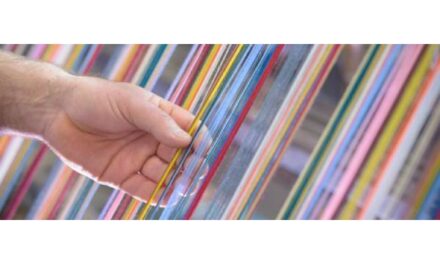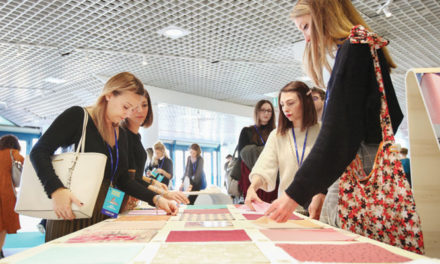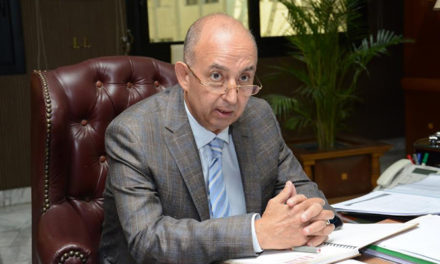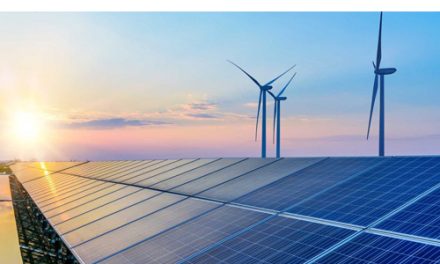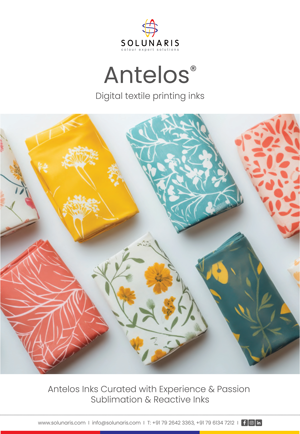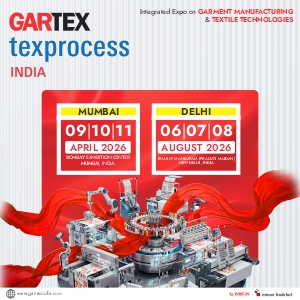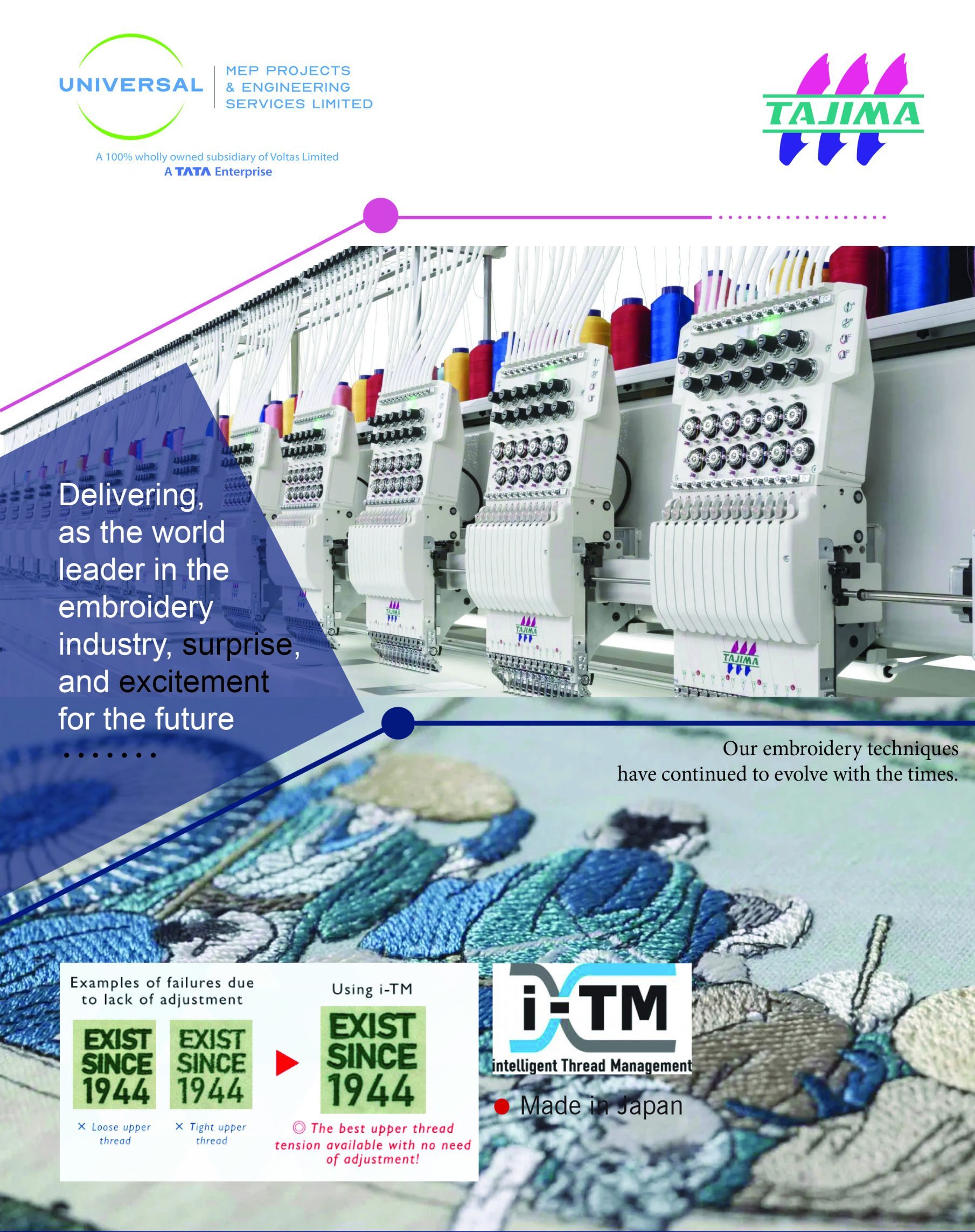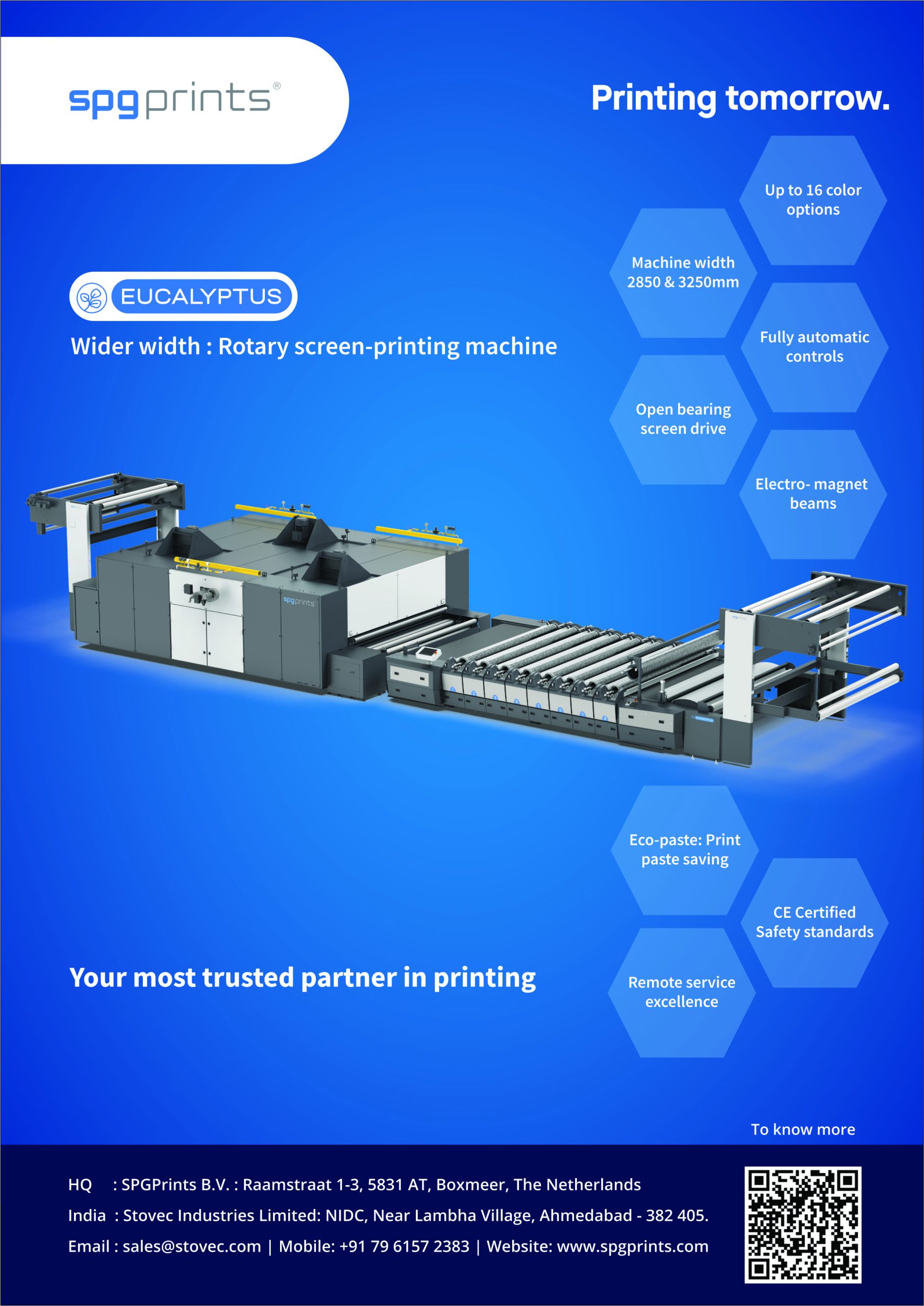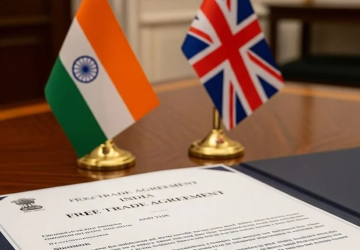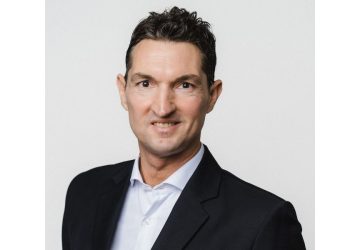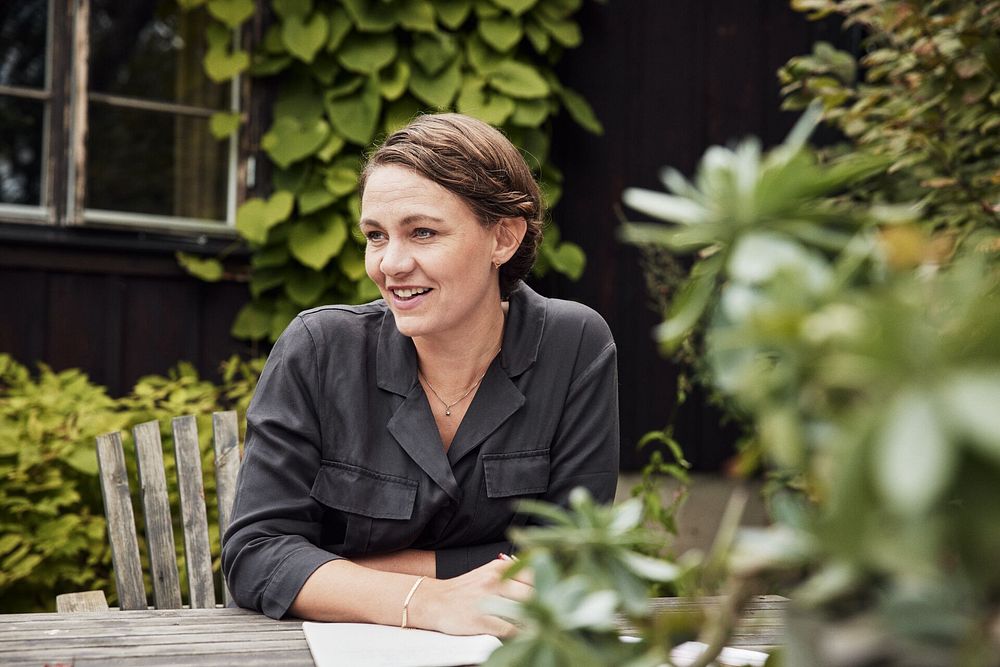 The H&M Foundation is committing SEK 53 million (approx. EUR 5 million) towards Future Forward Factories, a five-year initiative led by Fashion for Good, to address fashion’s most polluting stage: tier 2 textile processing.
The H&M Foundation is committing SEK 53 million (approx. EUR 5 million) towards Future Forward Factories, a five-year initiative led by Fashion for Good, to address fashion’s most polluting stage: tier 2 textile processing.
Building on the initiative’s launch by anchor funders Laudes Foundation, Apparel Impact Institute and IDH earlier in June this year, H&M Foundation has now stepped in as main funder. Its contribution will enable open-source, regionally tailored blueprints for near net-zero manufacturing at scale. This work combines physical demonstration sites with digital toolkits, giving suppliers, brands and investors a proven roadmap for transformation that is environmentally responsible, socially just and economically viable.
“Future Forward Factories is not about running yet another headline pilot, it is about tackling the reasons adoption so often stalls. Too many good solutions end up in the pilot trap. By co-developing solutions directly with manufacturers and taking on the early risk, philanthropy can help break that cycle and unlock approaches that actually work at scale. What excites me is that this gives suppliers real tools, real examples and a real business case for change, that’s how transformation becomes possible, and replicable.” — Christiane Dolva, Head of Innovation, Research and Demonstration, H&M Foundation
Manufacturers at the heart of systemic transformation
Tier 2 processes account for some of the industry’s highest emissions, yet suppliers face major barriers: high upfront costs, fragmented standards and uncertain technology pathways. Future Forward Factories removes these obstacles by co-developing solutions directly with manufacturers, validating them in live production and sharing all findings openly. The initiative also embeds equity, ensuring workers, communities and suppliers benefit from improved conditions and environmental outcomes.
The first demonstrator facility, to be built with anchor partner Arvind Limited in Gujarat, India, will show how near net-zero can look in practice. Designed for cotton fabrics, it is expected to cut greenhouse gas emissions by up to 93% and save around 60 litres of water per kilo of fabric.
“As manufacturers, we are often told what needs to change, but rarely engaged as true partners in shaping the solutions. Future Forward Factories change that dynamic. By working directly with us to co-develop and demonstrate near net-zero processes, this initiative proves that transformation is not only possible but practical. At our Gujarat facility, we are showing that significant reductions in emissions and water use can be achieved while maintaining commercial viability — setting a blueprint that other suppliers can follow.” — Punit Lalbhai, Vice Chairman, Arvind Ltd
Measurable results and systemic potential
By combining real-world testing with open access to knowledge, Future Forward Factories aims to catalyse adoption across the industry. Expected outcomes include:
• 7 open-source blueprints for near net-zero factories
• 7 demonstrator facilities operating with significant emission reductions and water savings
• 60+ supplier transformations, adopting full or partial blueprints
• 100+ low-impact technology installations in tier 2 facilities
Crucially, the approach is supplier-led and rooted in real-world constraints, increasing relevance and adoption. The project also embeds a just transition framework, ensuring that climate solutions also improve working conditions, protect local communities, and unlock new economic opportunities.
Catalytic role of philanthropy
The H&M Foundation’s donation demonstrates how philanthropic capital can act as a catalyst for scaled industry action. By bridging the critical gap between early validation and wide adoption, philanthropy gives brands, suppliers, and investors the confidence to step in at scale. The H&M Foundation is calling on other philanthropies and financial actors to join in accelerating this systemic transformation.
“Future Forward Factories is a critical step in driving system-level change across fashion. We are thrilled to have the support of H&M Foundation demonstrating how additional philanthropic capital can unlock scalable solutions. This initiative goes beyond pilots to deliver open-source, replicable blueprints that ensure transformation is both economically viable and socially just, laying the foundation for a more resilient and regenerative future for fashion.” – Katrin Ley, Managing Director, Fashion for Good
Future Forward Factories will release seven regional blueprints throughout the duration of the project, designed for open adoption by manufacturers worldwide.


